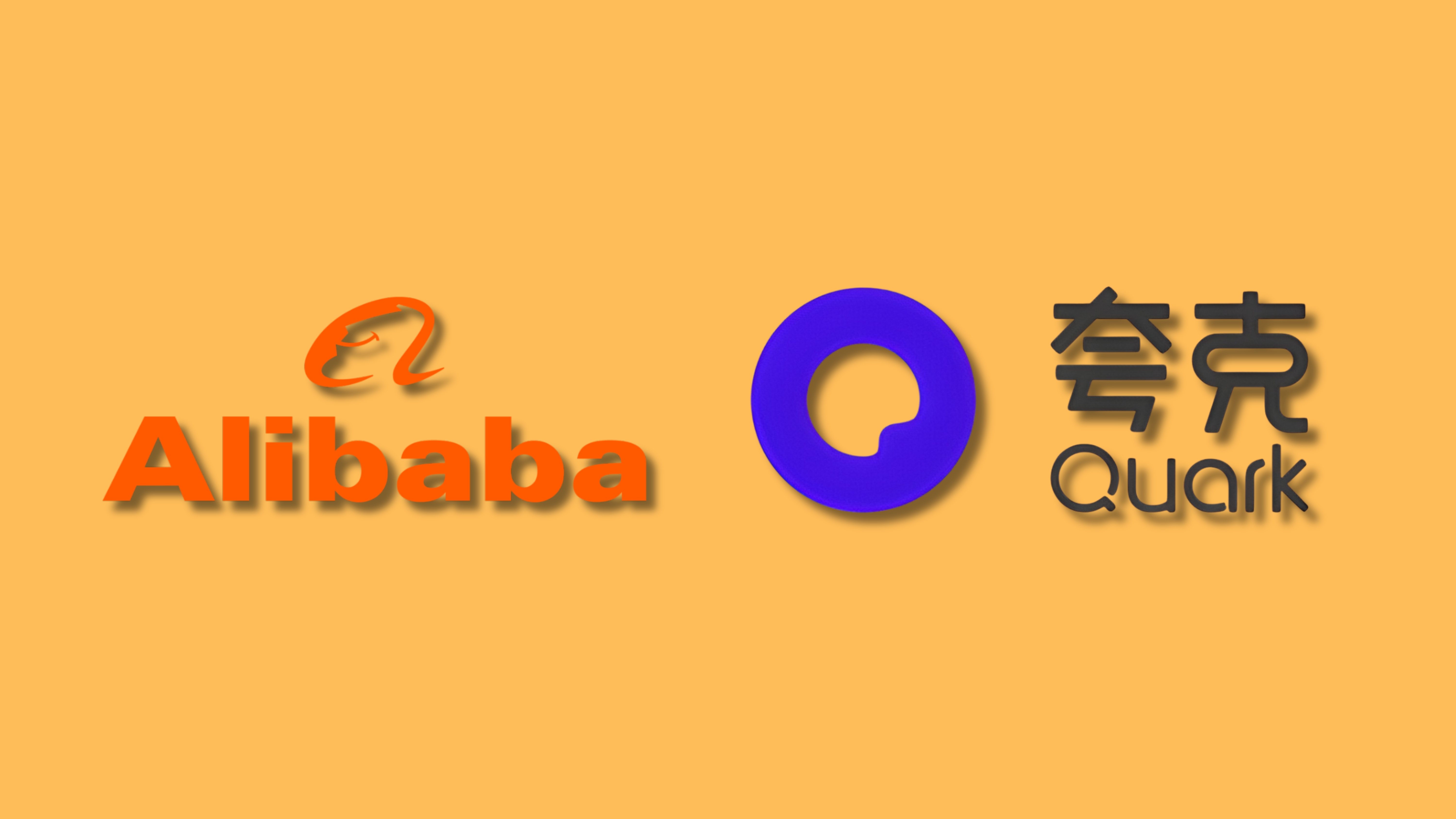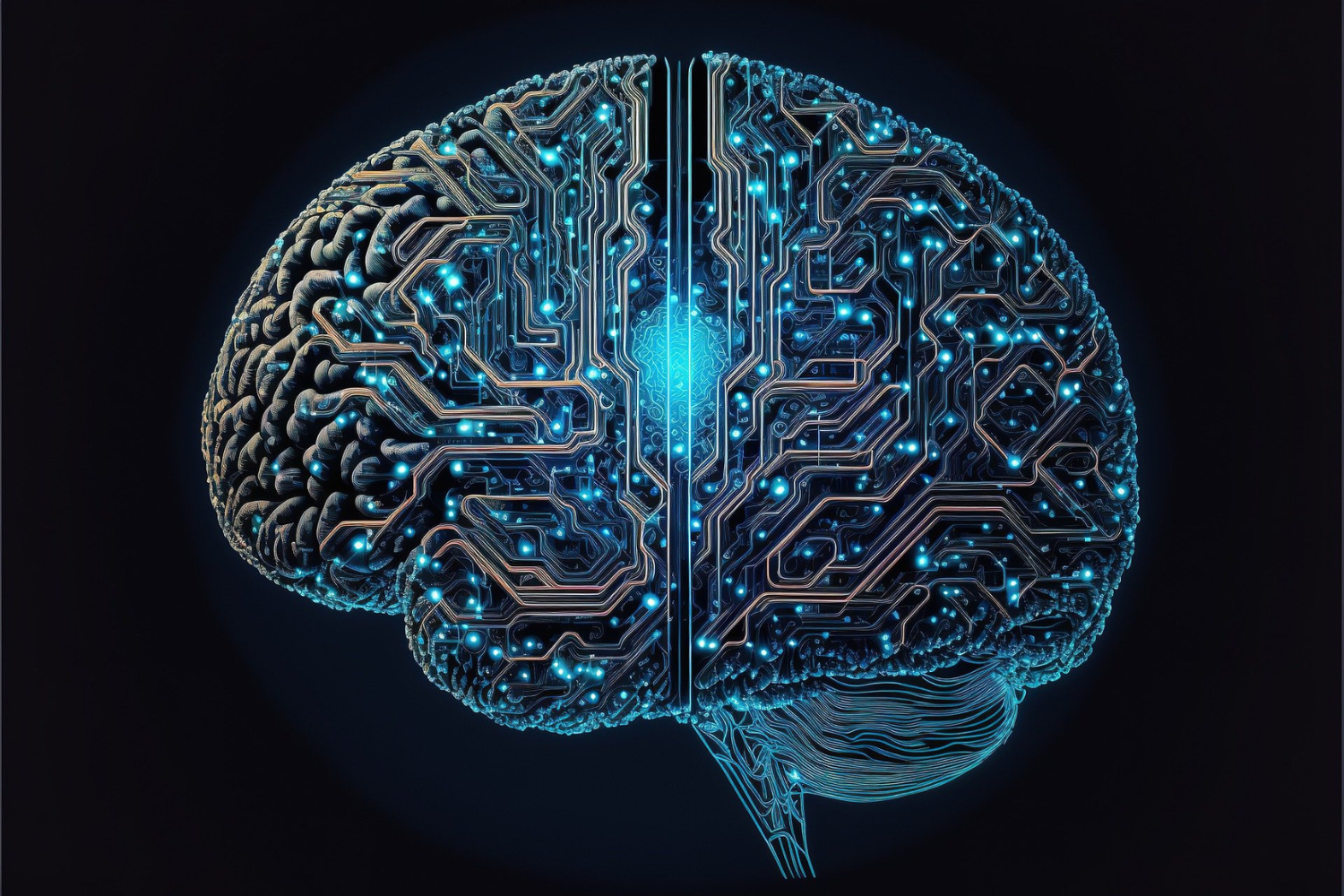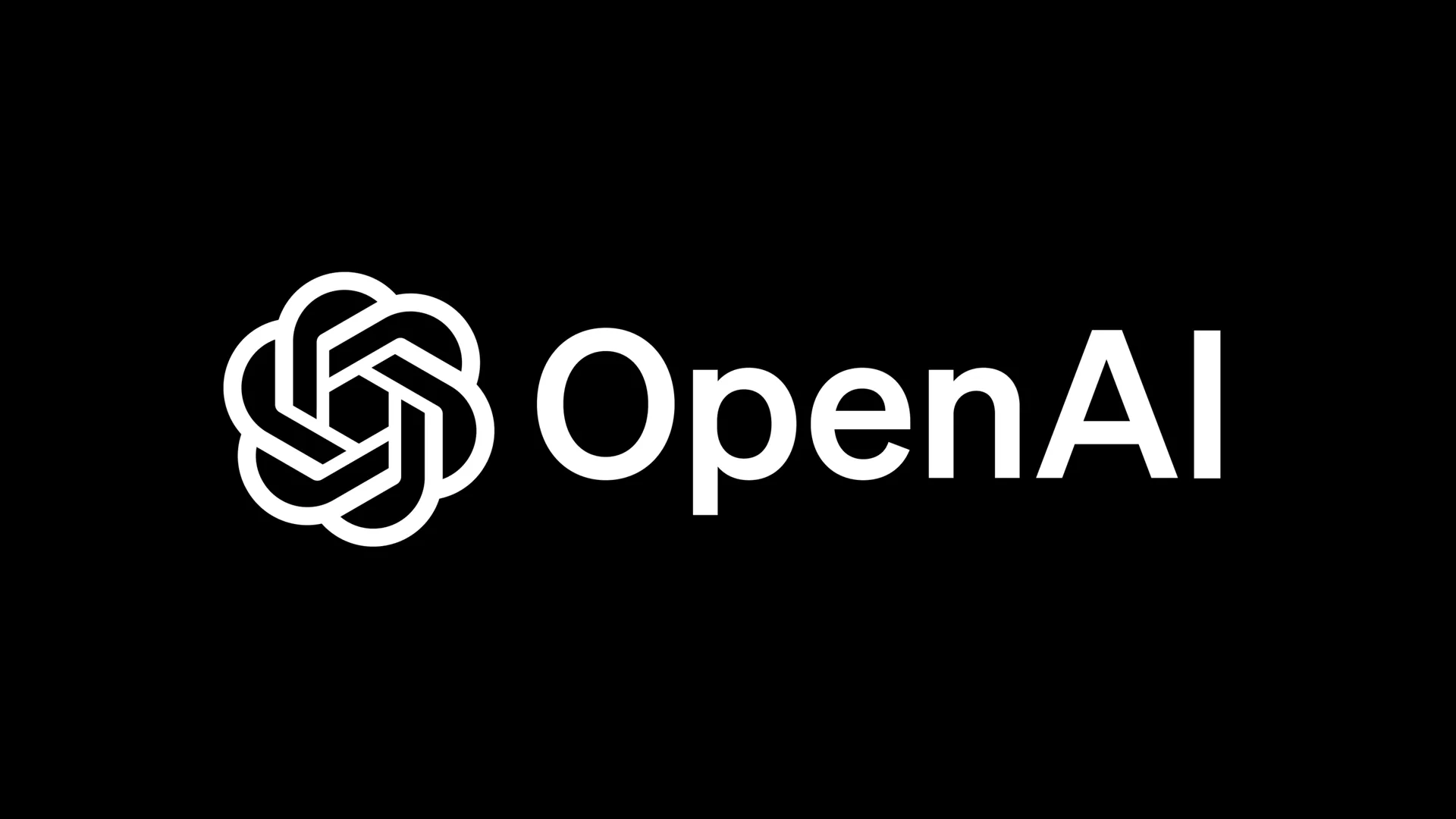Quark, Alibaba’s consumer AI app, has launched an AI Chat Assistant powered by Qwen3 models, merging real-time search with conversational reasoning so users can ask by text or voice, get answers, and trigger actions from a single interface.
On iOS and Android, you can tap ‘assistant’ in the AI Super Box or swipe right to open chat, then use prompts to summarise pages, draft replies, or pull sources, with results easily shared to friends, Stories, or outside the app.
Beyond Q&A, the assistant adds deep search, photo-based problem-solving, and AI writing, while supporting multimodal tasks like photo editing, AI camera, and phone calls. Forthcoming MCP integrations will expand agent execution across Alibaba services.
Quark AI Glasses opened pre-sale in China on October 24 via Tmall with a list price of 4,699 RMB before coupons or memberships, deliveries starting in phases from December, and 1 RMB reservations available on JD.com and Douyin.
Powered by Qwen for hands-free assistance, translation, and meeting transcription, the glasses emphasise lightweight ergonomics, long battery life, and quality imaging, with bundles, accessories, and prescription lens options to broaden fit and daily use.
Would you like to learn more about AI, tech, and digital diplomacy? If so, ask our Diplo chatbot!










